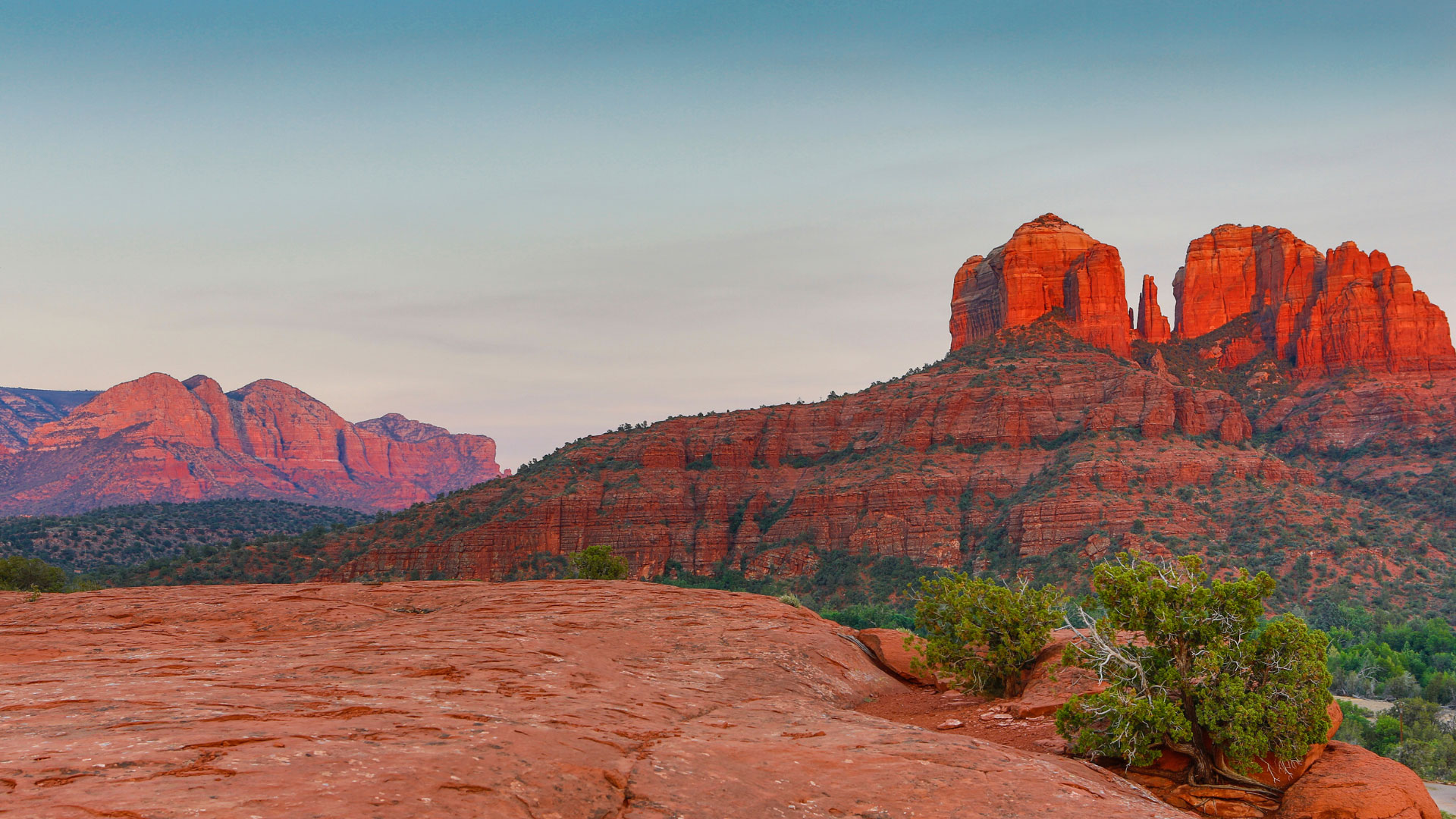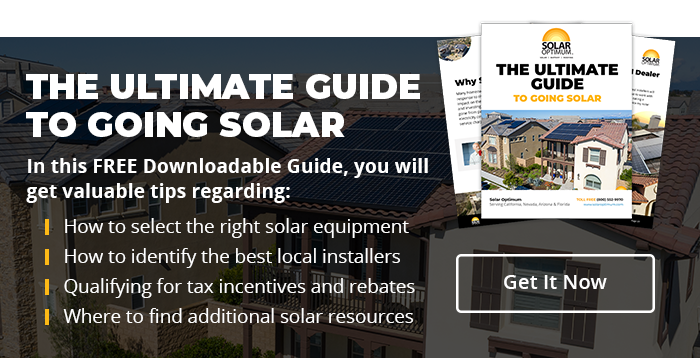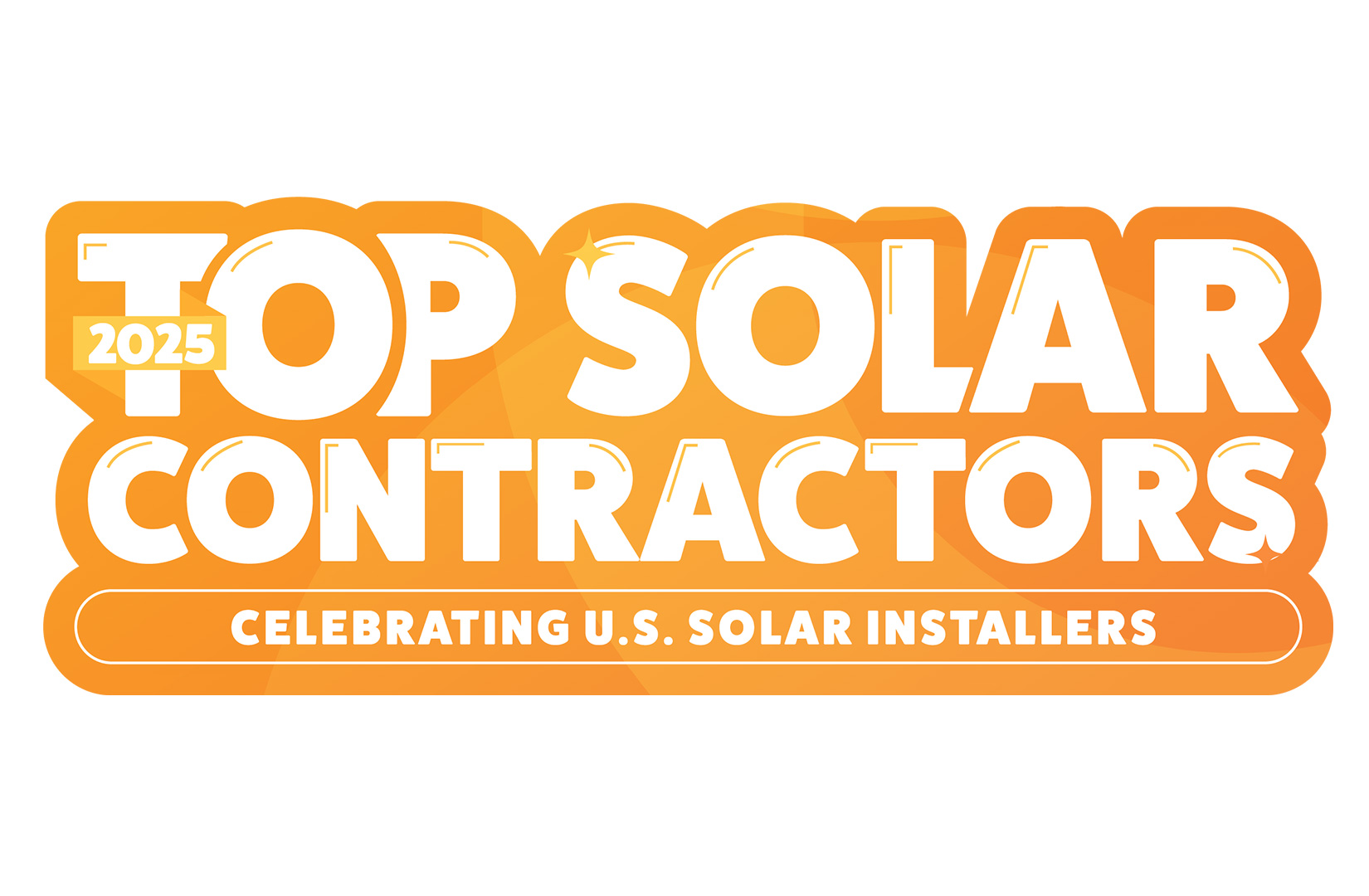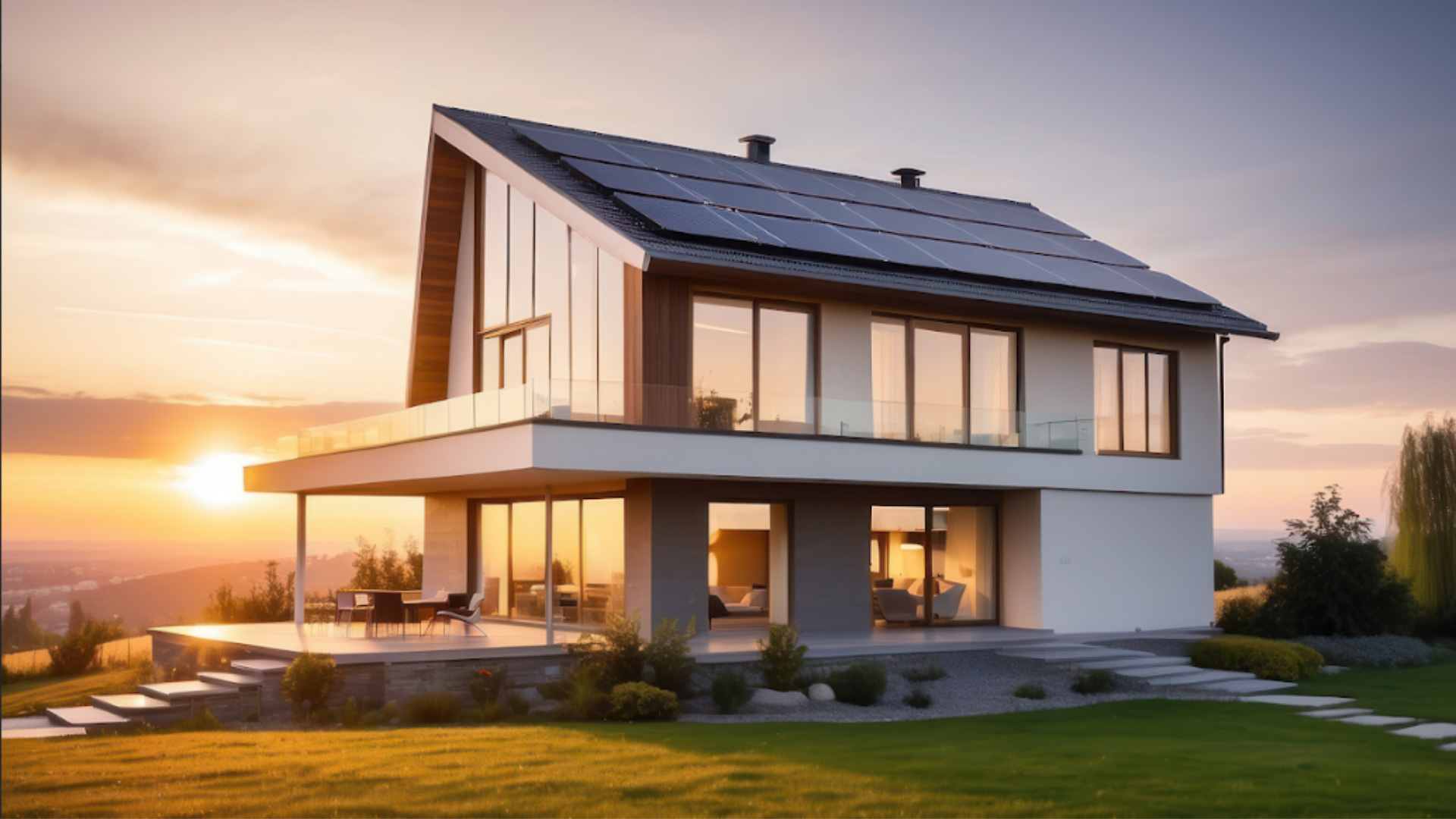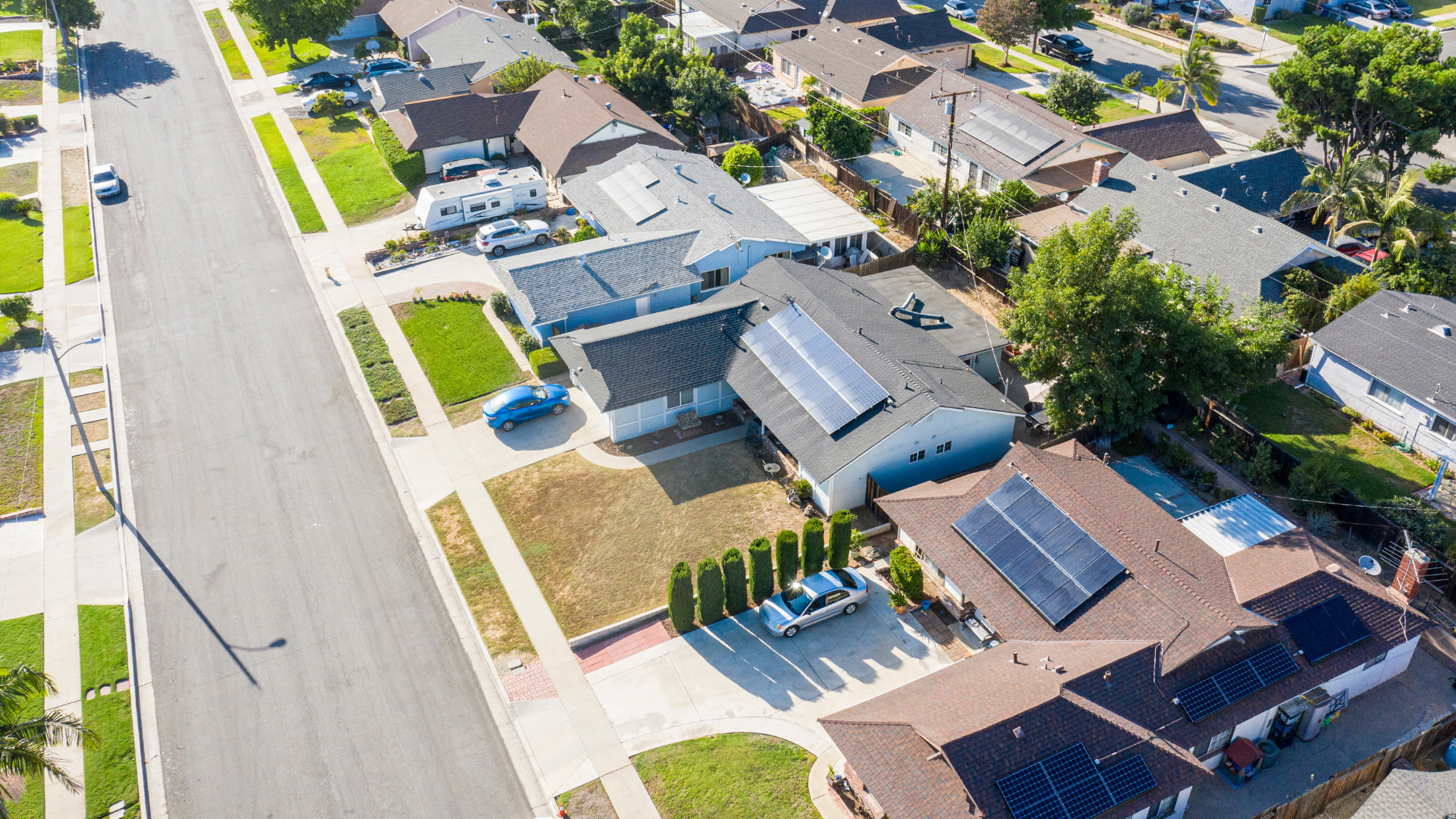The push for solar power as a source of renewable energy has gained momentum over the last decade. Unfortunately, homeowners in rural Arizona may face some challenges in adopting solar energy. Let’s take a look at the barriers to solar energy adoption in rural Arizona and see how you can overcome those challenges.
Economic Challenges
While solar energy offers long-term savings, economic factors can make the initial adoption of this option difficult for rural homeowners. For one, homeowners face high upfront costs to install a solar panel system. Income levels in rural areas may be lower than in urban parts of Arizona, which means the expenses associated with solar panel installation hold many people back.
Additionally, those who live in rural areas may not have access to financing options. For instance, banks and financial institutions may offer loans at higher interest rates than other homeowners. Homeowners may also not be aware of incentives and rebates available for solar energy systems. As a result, they might even know which programs are out there to help reduce installation costs.
Geographic and Infrastructure Issues
Not all challenges to solar panel installation are financial. In some cases, the remote nature of rural Arizona presents its own logistical challenges. Transporting solar panels and equipment to these locations can be costly and time-consuming. Plus, some parts of Arizona experience extreme weather, like devastatingly high temps and dust storms. Solar panels may become less durable and effective as a result.
As far as infrastructure goes, rural areas often have limited grid infrastructure, which can complicate the integration of solar energy into the existing power system. In some cases, the grid requires costly upgrades first. Finding qualified solar installers may be more challenging in a rural area than in an urban jungle.
Knowledge and Education Gaps
A significant barrier to solar energy adoption is the lack of knowledge about how it works. Many rural homeowners may not realize how much money they could be saving if they adopted the technology. Additionally, rural homeowners may also have access to fewer workshops, seminars, and informational campaigns compared to city centers.
Policy and Regulatory Hurdles
Navigating the permitting process for solar installation can be daunting, especially in rural areas where local governments may not have streamlined processes in place. In fact, some homeowners may find regulations discouraging before they even have a chance to pursue solar power.
Rural areas may also lack sufficient net metering policies. These policies allow solar panel owners to sell extra electricity back to the grid. In rural areas, these types of plans may be poorly implemented.
You Can Overcome These Barriers
While the barriers to solar energy make adoption in Arizona’s most rural parts challenging, this doesn’t mean that you can’t find targeted solutions for each of them. You can improve access to financing by doing more research about solar power in your area and speaking with a professional who understands your banking needs. You can also advocate for supportive government policies for those living in your area.
By overcoming common challenges, rural Arizonans can take advantage of its abundant solar resources, contributing to a more sustainable and energy-independent future.
Contact us today to get a quote on a solar panel system and discuss your journey toward energy independence. We can help you overcome these hurdles.

